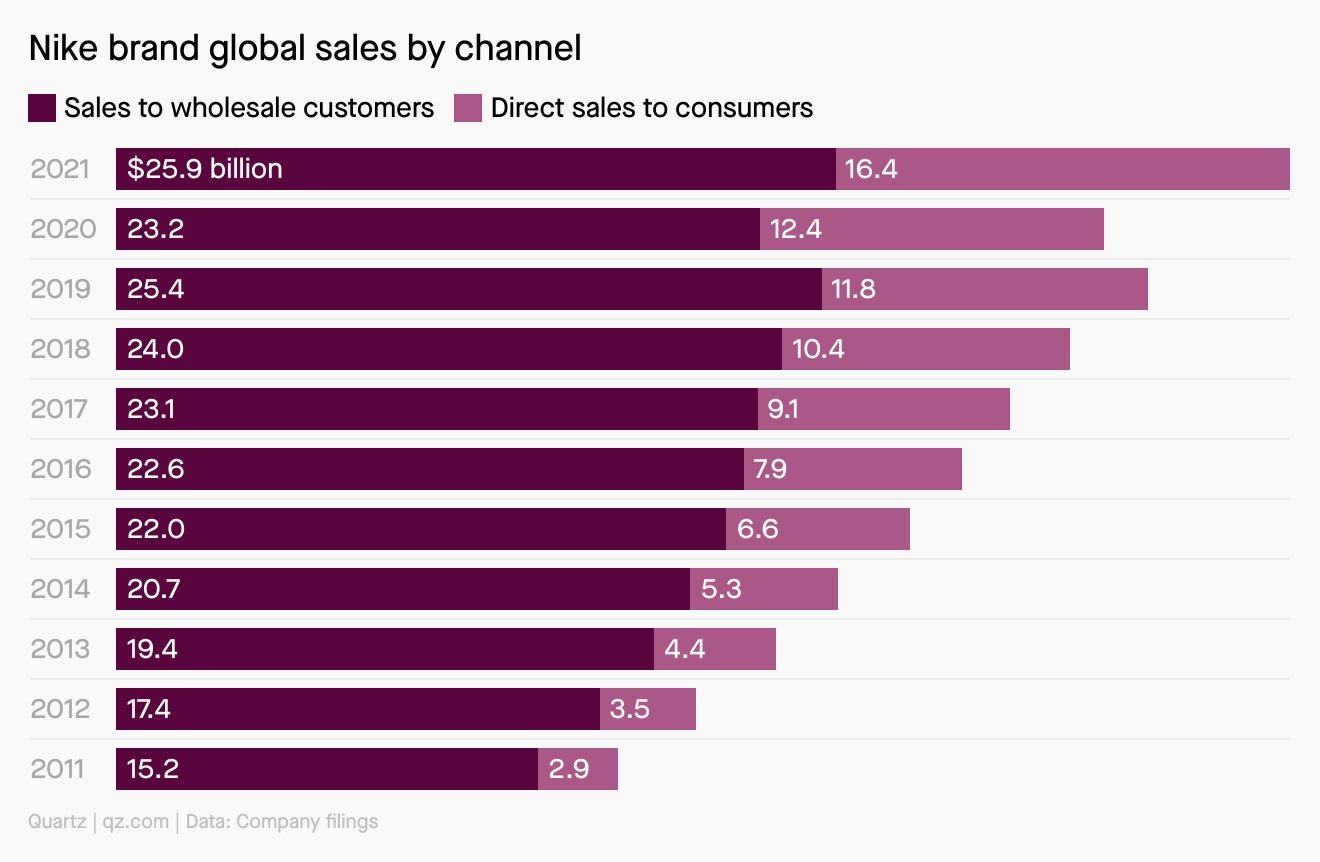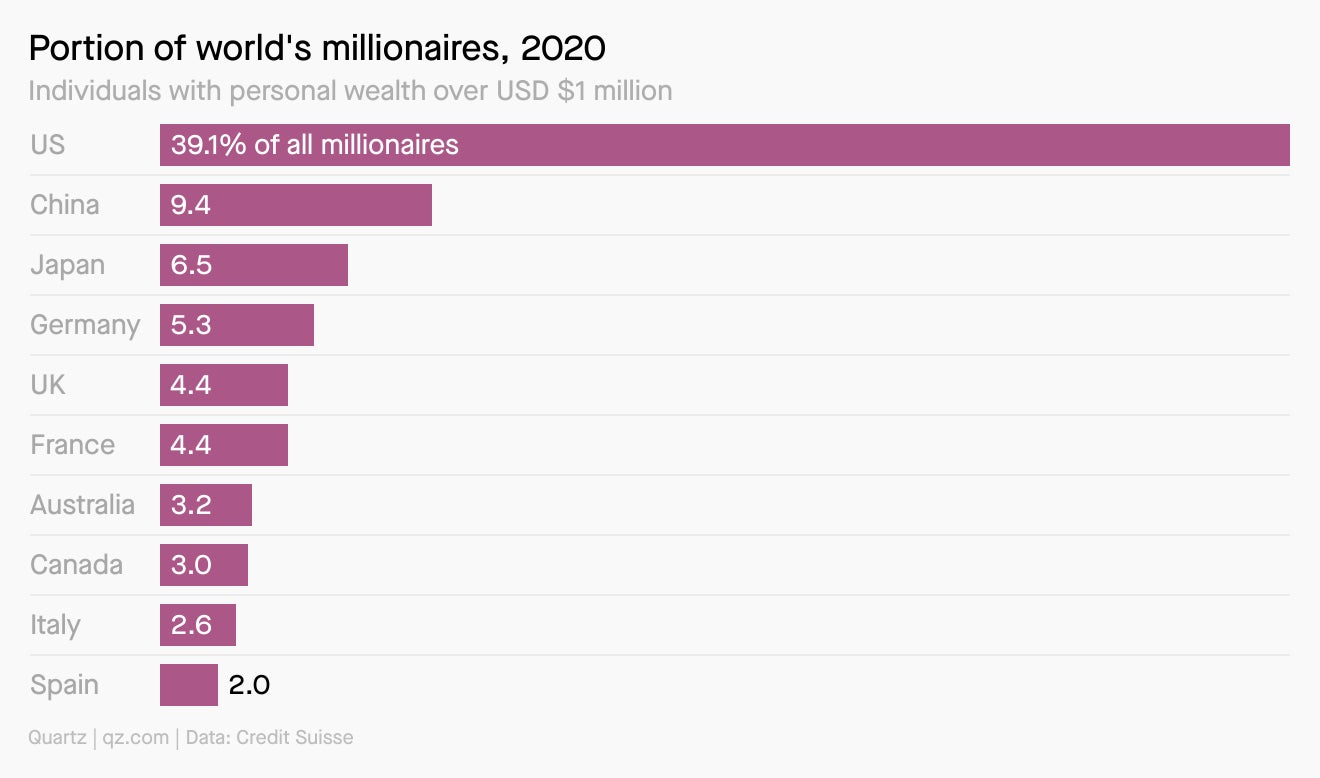Florida search, Nike’s DTC growth, psychic elephant
Good morning, Quartz readers!


Good morning, Quartz readers!
Was this newsletter forwarded to you? Sign up here. Send it to a friend—no need to explain why.
Here’s what you need to know
The search for survivors in Florida enters its sixth day. Eleven people are confirmed dead, with more than 150 missing after a building collapsed in Miami—no one has been pulled out alive since Thursday.
Juul must cough up a $40 million settlement. A lawsuit filed by North Carolina accused the company of targeting teenagers with its addictive vaping products.
A US judge threw out antitrust lawsuits filed against Facebook. The Federal Trade Commission’s claim was deemed “legally insufficient.” Meanwhile, the company closed above a $1 trillion market capitalization for the first time.
A United Nations report called for reparations. The UN Human Rights Council wants countries to “make amends for centuries of violence and discrimination” against “people of African descent.”
Hong Kong cracked down on air travel. The government banned passenger flights from the UK to halt the spread of Covid-19.
Ethiopia declared a ceasefire in Tigray. The government made the unilateral decision to end the eight-month-long civil war, which has caused a humanitarian crisis.
What to watch for
Today, leaders, thinkers, and industry experts gather online for the 2021 Brussels Economic Forum, the “flagship annual economic event of the European Commission.” (You can watch it live here.)
Speakers include German chancellor Angela Merkel and Jacinda Ardern, the prime minister of New Zealand. The central theme will be the post-pandemic global recovery, otherwise known as “building the new economy we want.”
As the conference prepares to look forward, we’re looking backward—at the impact of Covid-19 on Europe’s economy:
6.1%: Drop in EU GDP in 2020
7.3%: EU unemployment rate in April 2021
57.1: Eurozone Composite PMI in June 2021, a 15-year high. The number is an assessment of the health of the economy based on monthly surveys of a sample of companies conducted by IHS Markit, with anything above 50 indicating an overall positive sentiment.
Charting Nike’s direct-to-consumer evolution
Nike didn’t make its billions alone. Most of its sales have come from selling to wholesale partners such as department stores, mom-and-pop shops, sporting goods specialists, and all the thousands of retail businesses the company has long relied on to distribute its products to shoppers.
But Nike’s sales straight to consumers, through its own stores and digital channels, have been rising for years, and their growth only accelerated with the pandemic, Marc Bain writes.

That’s not to say Nike’s wholesale business no longer matters. Local skate shops, for example, have been vital to Nike’s distribution of its popular Dunk sneaker. Foot Locker, meanwhile, is working more closely with the company and buying more of its products even as others get cut out of Nike’s distribution.
Where are the world’s millionaires?
For the first time in history, more than 1% of global adults are millionaires—that’s 56.1 million millionaires. That number actually increased in 2020 during the coronavirus pandemic, one of the most unstable economic times in recent history. But three countries contain just over 50% of the world’s millionaires—the US, China, and Japan.

By 2025, the world could see as many as 84 million millionaires. The gains will come as emerging economies catch up, according to Credit Suisse, and the gap between the number of millionaires in the US and China narrows.
✦ Members can catch up on all of our fixing capitalism coverage without ever hitting a paywall. Not yet a member? You won’t want to sleep on this deal: get 40% off with the code SLEEPWEEK.
Handpicked Quartz
(Psst. 👇 We took the first story out from behind our paywall because we think everyone should read it.)
Surprising discoveries
Nearly half of Americans are now on public healthcare. Pre-pandemic, two-thirds of the insured population was covered by commercial insurance.
Apartments on the world’s biggest yacht start at $11.2 million. You have to be invited to buy one.
Fool’s gold sometimes contains actual gold. Too bad the amount of precious metal is so small as to be “invisible.”
A new weight-loss aid uses magnets to keep users’ mouths closed. The reviews are not great—it’s been compared to a medieval torture device.
A “psychic” elephant has correctly predicted Germany’s Euro 2020 matches. Yashoda says England will lose Tuesday’s game.
Our best wishes for a productive day. Please send any news, comments, yacht apartment listings, and torture devices masquerading as weight-loss aids to [email protected]. Get the most out of Quartz by downloading our iOS app and becoming a member. Today’s Daily Brief was brought to you by Hasit Shah, Annabelle Timsit, Amanda Shendruk, Marc Bain, and Liz Webber.